

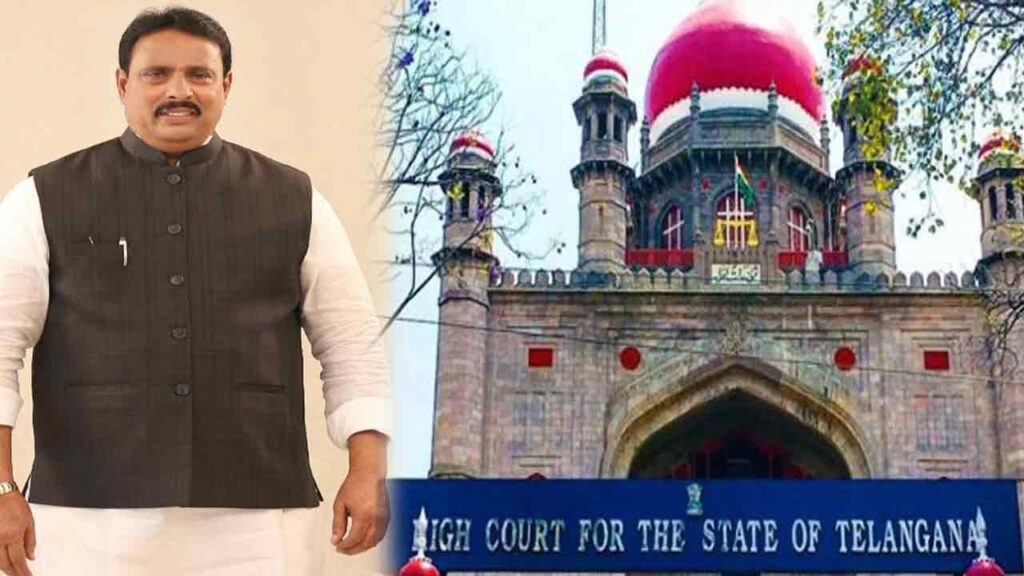
The Telangana High Court has issued notices to the Speaker of the Assembly and ten MLAs who defected from Bharat Rashtra Samithi (BRS) party to the ruling Congress party. The notices were issued in response to a PIL petition filed by Dr. K.A. Paul of Prajashanthi Party. The petitioner has requested the court to disqualify the MLAs and prevent the commercialization of elected representatives. However, the court rejected the petitioner's request to restrain the MLAs from attending assembly sessions and exercising their right to vote.
Telangana HC Issues Notices to BRS Defectors
Background
The defection of ten legislators from the ruling Bharat Rashtra Samithi (BRS) party to the Congress party has sent shockwaves through Telangana's political landscape. The defections occurred amidst a series of by-elections in the state.
High Court Intervention
In response to a Public Interest Litigation (PIL) filed by Dr. K.A. Paul of the Prajashanthi Party, the Telangana High Court has issued notices to the Speaker of the Assembly and the ten defecting MLAs. The petitioner has alleged that the defections violate the anti-defection law and has called for the disqualification of the MLAs.
However, the court has rejected the petitioner's request to restrain the MLAs from attending assembly sessions and exercising their right to vote.
Significance
The defections have raised concerns about the stability of the BRS government and the integrity of the electoral process. The anti-defection law aims to prevent elected representatives from switching parties for personal gain, but it has often been criticized for its weaknesses.
Top 5 FAQs and Answers
Q1: Why did the MLAs defect?
A1: The reasons for the defections are not entirely clear, but some speculation has centered on dissatisfaction with the BRS leadership and promises of lucrative positions in the Congress party.
Q2: What are the legal implications of the defections?
A2: Under the anti-defection law, MLAs who defect from their original party can be disqualified from the Assembly. However, there are certain exceptions to the rule, such as when the entire party merges with another party.
Q3: What is the role of the High Court in this matter?
A3: The High Court is responsible for deciding whether the defections violated the anti-defection law. The court will consider the facts of the case and the legal arguments presented by the parties involved.
Q4: Can the defectors be disqualified?
A4: The High Court has the authority to disqualify the MLAs if it finds that they have violated the anti-defection law. However, the court may also decide to allow them to retain their seats, depending on the circumstances of the case.
Q5: What is the impact of the defections on the BRS government?
A5: The defections have weakened the BRS government in the Assembly. The party now has a reduced majority, which could make it more difficult to pass legislation and govern effectively.
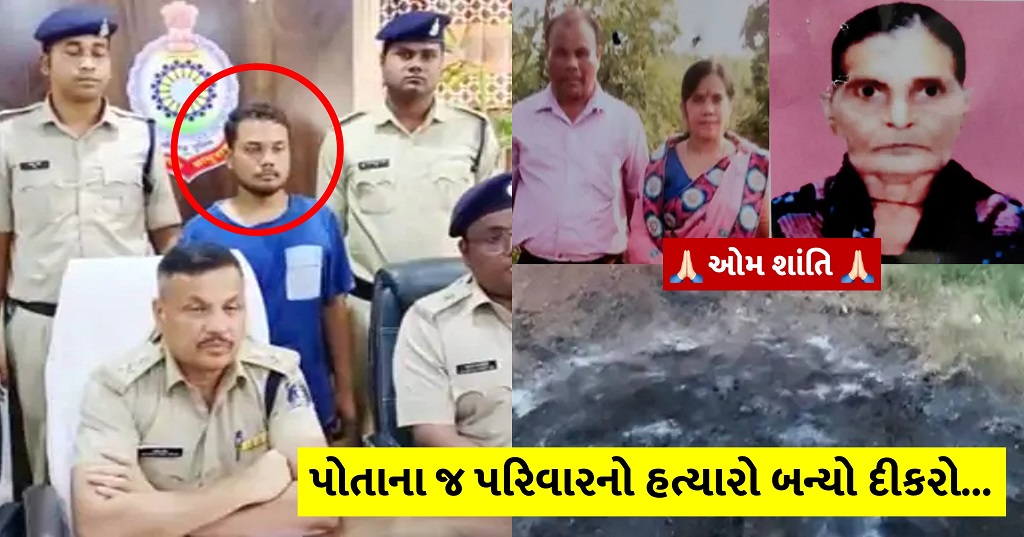
The murder of journalist Mukesh Chandrakar in Chhattisgarh has led to the arrest of three suspects, including key accused Ritesh Chandrakar, who is a relative of Congress leader Suresh Chandrakar. Investigations have also revealed that the victim and the accused were cousins. Chandrakar's murder has drawn attention to an alleged corruption expose, which allegedly led to his death. In light of these developments, the state has launched an inquiry and seized illegally possessed land from the Congress leader's family.
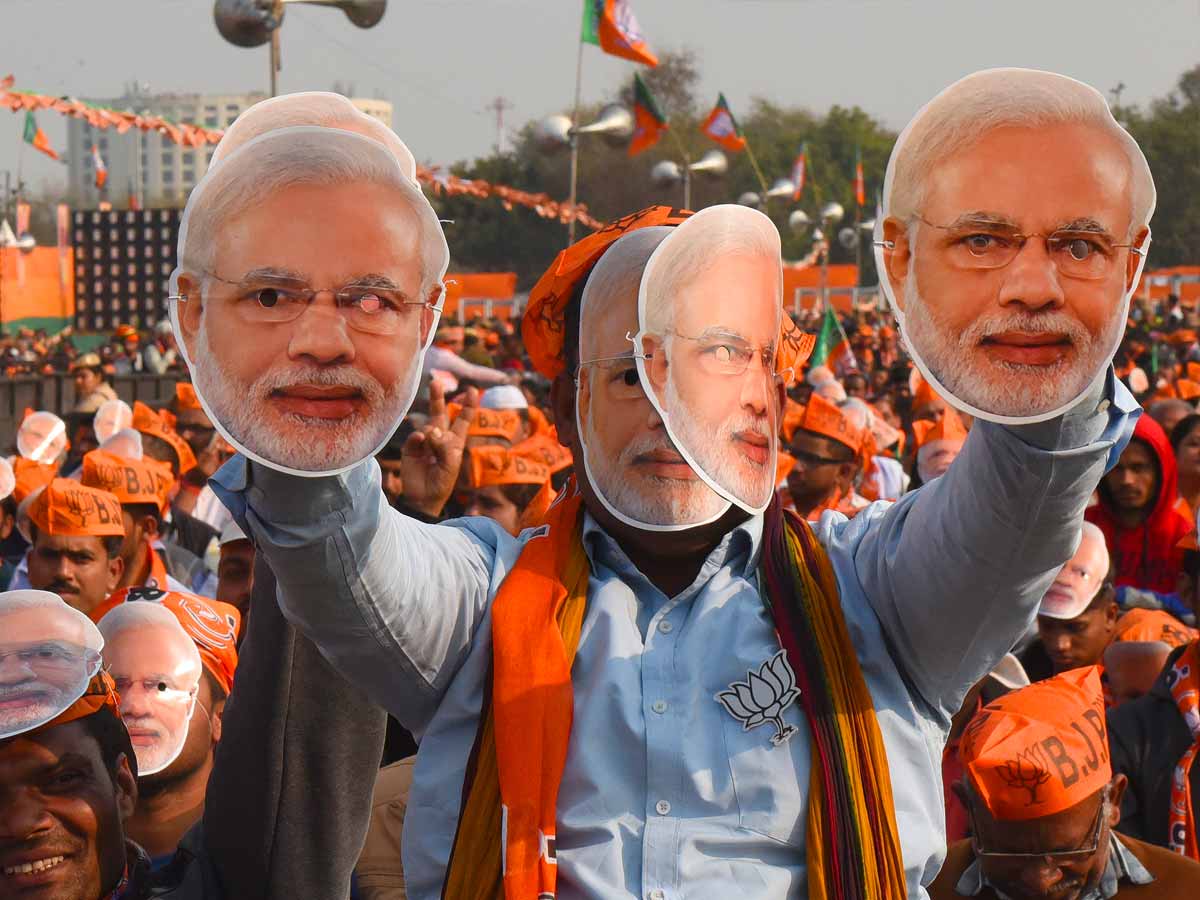
The Bharatiya Janata Party has released its first list of candidates for the upcoming Delhi Assembly elections, including big names such as former MP Parvesh Sahib Singh Verma and MLA Kailash Gahlot. The list also features candidates from different backgrounds, such as former Congress MLA Rajkumar Chauhan and former Delhi University Students Union president Rekha Gupta. With this bold move, the BJP aims to secure a strong position in the upcoming elections.
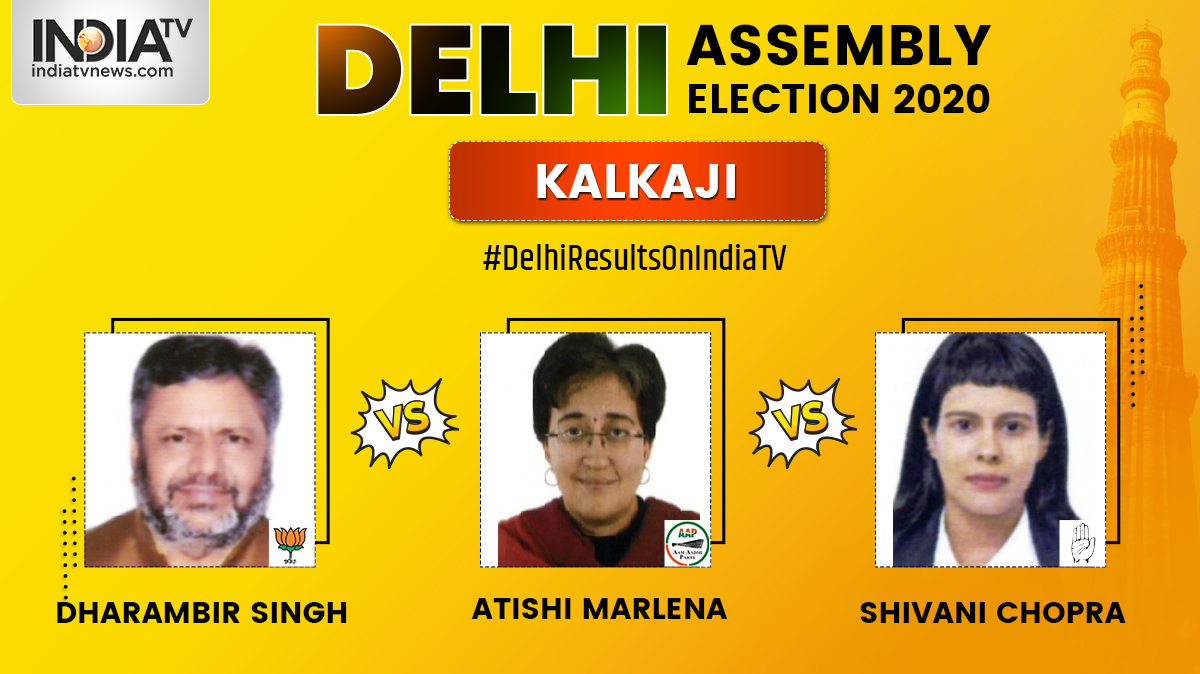
Amidst the highly anticipated Delhi assembly elections, all eyes are on the Kalkaji constituency as Chief Minister Atishi of the ruling Aam Aadmi Party, former MP Ramesh Bidhuri of the Bharatiya Janata Party, and senior leader Alka Lamba of the Congress all vie for the seat. With a history of multiple party wins and changing loyalties, the race for Kalkaji is bound to be an intense one. As Atishi, Bidhuri, and Lamba all bring their unique strengths and experiences to the table, the outcome of this election will be crucial for all three parties involved.

The BJP has announced its candidate list for the upcoming Delhi elections, with Parvesh Verma set to contest against incumbent CM Arvind Kejriwal in the New Delhi seat. In response, Verma has openly challenged Kejriwal and called for accountability for his actions as CM. The BJP has also fielded other notable candidates, including Ramesh Bidhuri in Kalkaji, leading to speculation about the party's confidence in their own candidates.
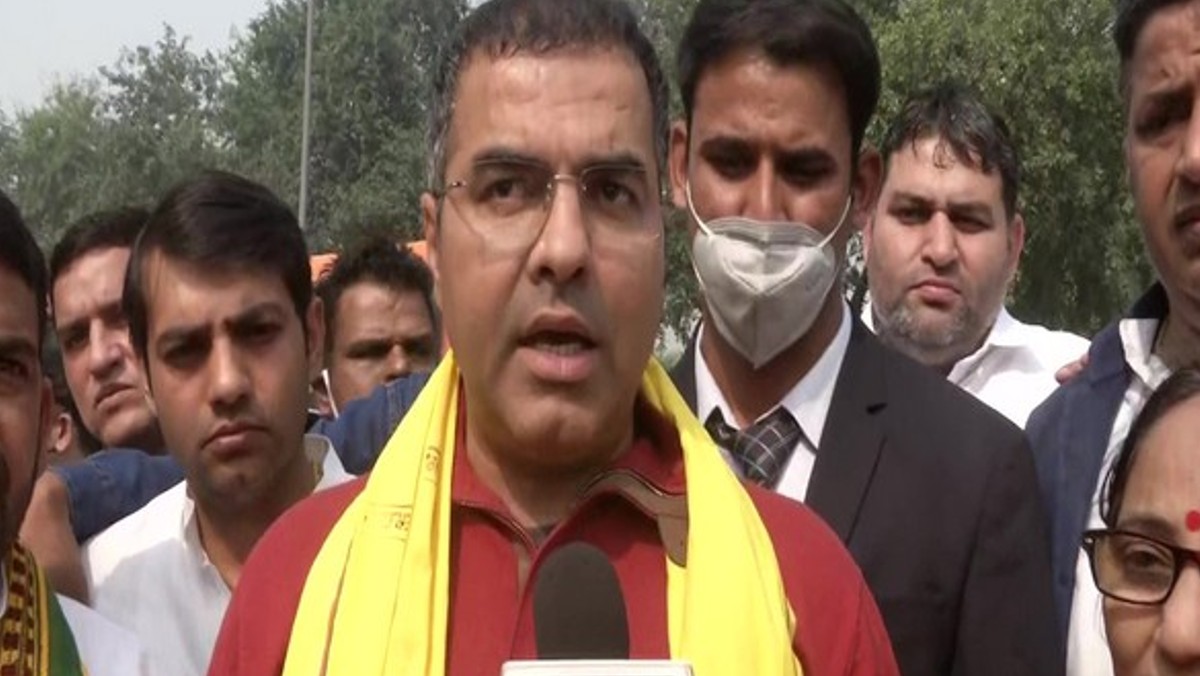
Parvesh Verma, the BJP candidate for the New Delhi assembly seat, expressed his gratitude to the party leadership for giving him the opportunity. He confidently asserted that the BJP will form the next government in Delhi and promised to address issues such as tax mismanagement and unemployment. Verma also taunted his opponent, incumbent CM Arvind Kejriwal, and challenged him to not run away from the New Delhi seat. Meanwhile, Kejriwal responded to PM Modi's criticisms by highlighting AAP's achievements in education, healthcare, and housing and attacking the BJP's slow progress in these areas.
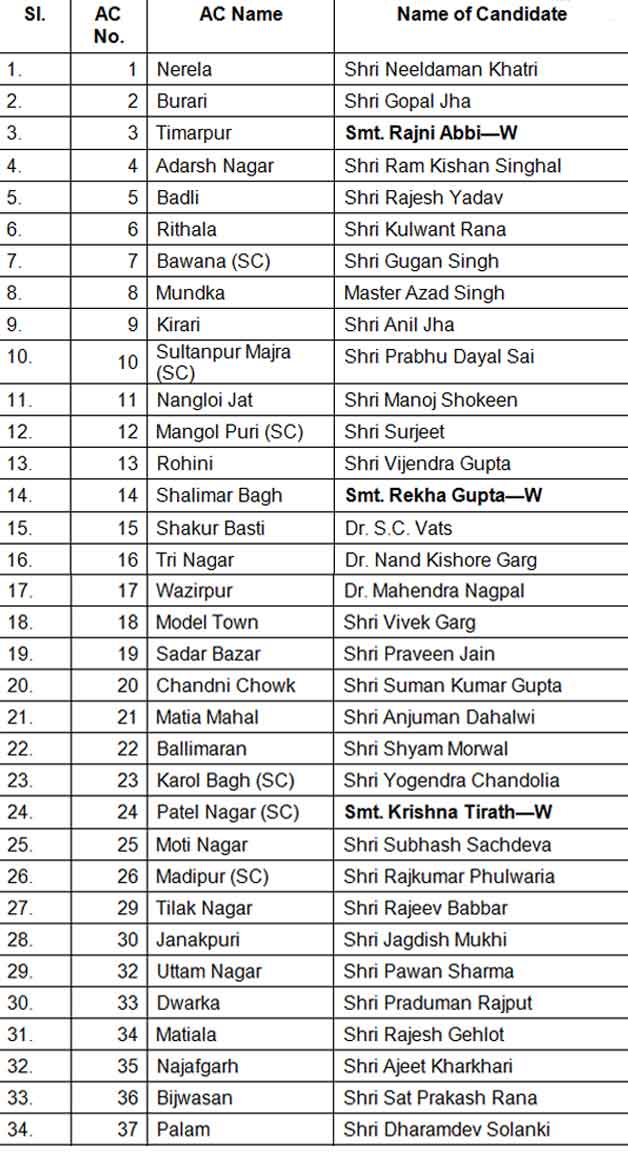
The BJP has released its first list of candidates for the upcoming Delhi Assembly elections, with 29 names announced. Former MP Parvesh Verma will be contesting against AAP supremo Arvind Kejriwal in the New Delhi seat, while Chief Minister Atishi's opponent will be former MP Ramesh Bidhuri in Kalkaji. Other key candidates include national office-bearers Dushyant Kumar Gautam and Ashish Sood. This announcement comes as the latest development in the highly anticipated elections, with more updates to come.
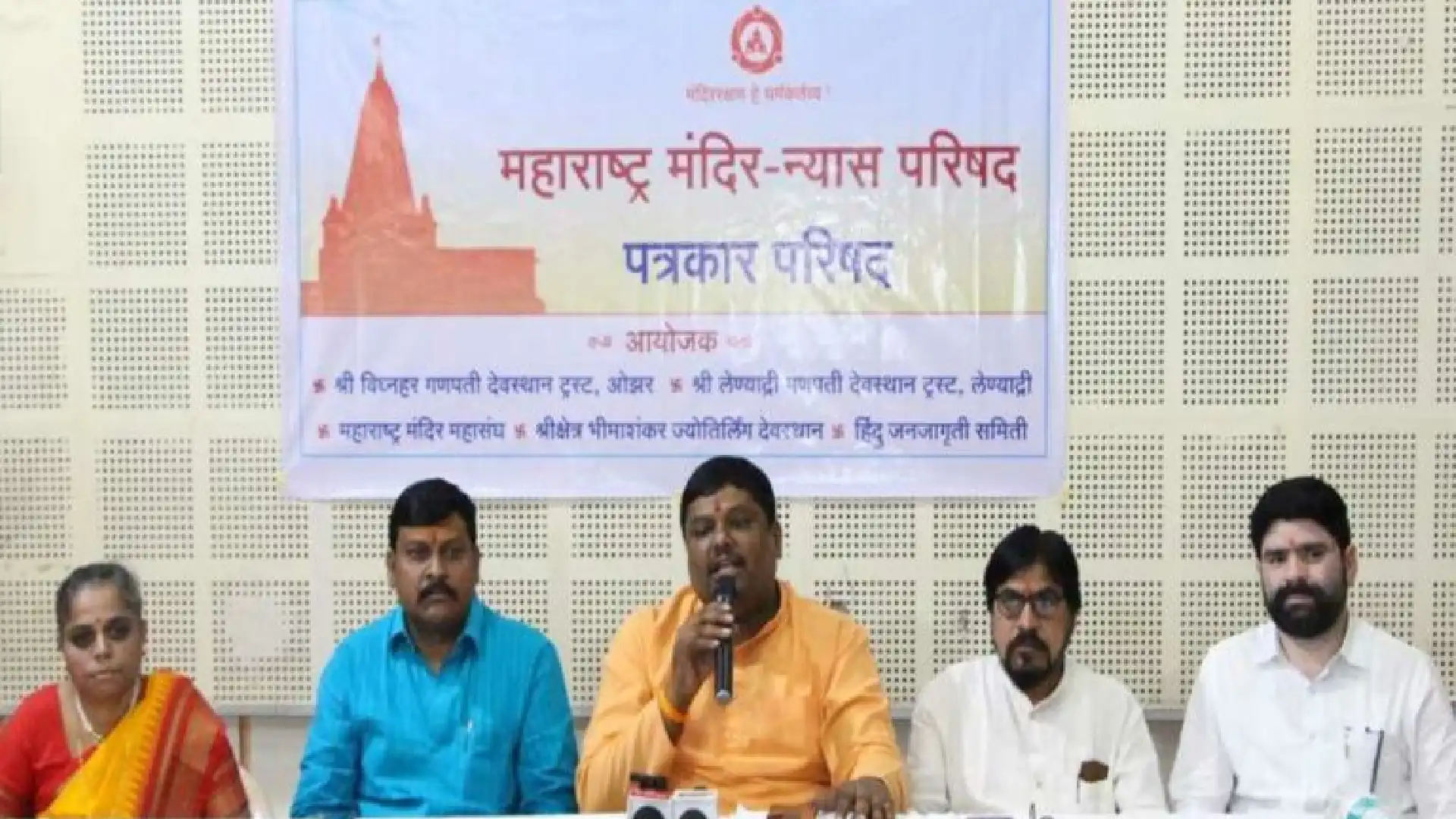
The third Maharashtra Mandir Nyas Parishad, attended by over 875 temple representatives, passed resolutions including conducting ‘Collective Aarti’ weekly and urging the government to free all temples in Maharashtra from state control. The event was held in Shirdi and was attended by key leaders and advocates of temple preservation. Key demands such as fast-tracking court cases regarding Kashi and Mathura and declaring temple premises as ‘alcohol and meat-free zones’ were also made. The National Organiser of the Mandir Mahasangh, Mr. Sunil Ghanwat, has urged the government to take prompt action on these resolutions.
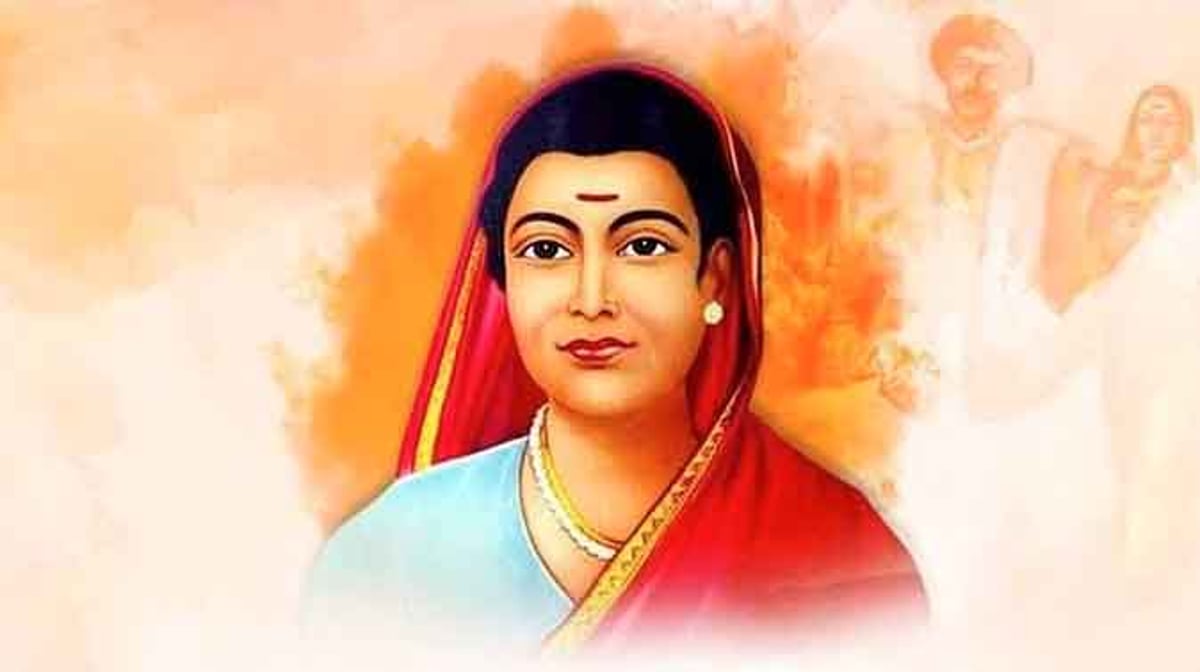
On the 194th birth anniversary of Savitribai Phule, Nagar Kurnool MLA Dr. Rajesh Reddy emphasized the importance of following her ideals during an event organized by the District Education Department. He lauded the state government's declaration of January 3rd as Women's Teachers' Day and its commitment to realizing Savitribai's vision for social equality. In the presence of District Collector and Education Officer, several women teachers were honored and a student dressed as Savitribai Phule received special recognition.

Tensions have been high in Manipur's Kangpokpi district for the past week, leading to a violent attack on the office of the Superintendent of Police on Friday. Videos and images emerging from the town show armed individuals dressed in camouflage and damaged vehicles on the premises. The violence follows a confrontation between security forces and Kuki-Zo women in the district earlier in the week, which has sparked protests and demands for the removal of joint security forces stationed in the area. While the situation has been brought under control, locals estimate that 15 people from the mob were injured.
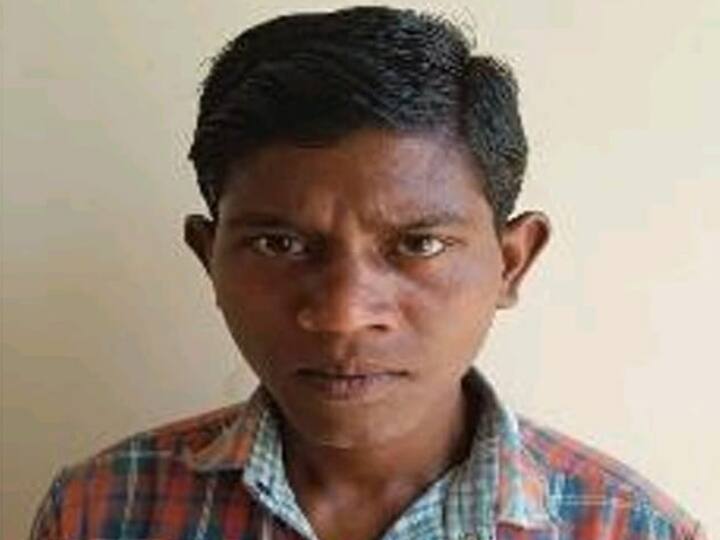
Mukesh Chandrakar, a 28-year-old independent journalist, was found dead in a septic tank on a contractor's premises in Bijapur after receiving a call from the contractor's cousin to meet them. Mukesh's body was discovered after his brother filed a police complaint when he did not return from the meeting. Authorities are investigating if his death is connected to any of his recent journalistic work in the Bastar region.